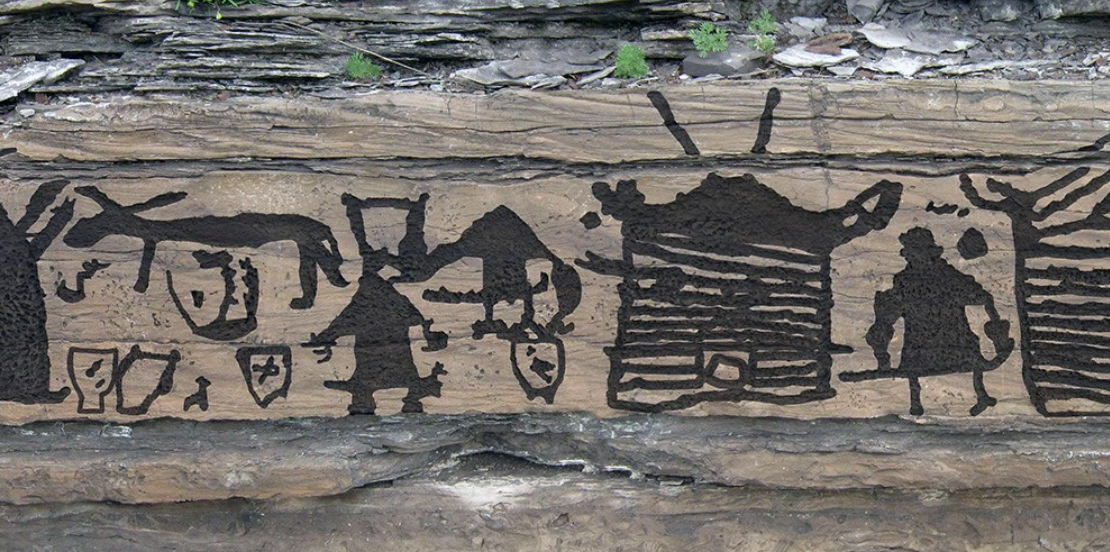[openrouter]Summarize this content to 2000 words

University of Basel
Bronze cauldrons were used by the inhabitants of the Mongolian steppe around 2,700 years ago to process animal blood and milk. This is shown by a protein analysis of archaeological finds from this period.
Scattered across the Eurasian steppe, archaeologists repeatedly come across metal cauldrons from the Bronze Age during excavations. However, it was previously unclear exactly what they were used for. Now, an international study led by researchers at the University of Basel and published in the journal Scientific Reports reveals their secret: Mongolian nomads collected blood from slaughtered animals, presumably for sausage production, in these cauldrons and may have also fermented milk in them, mainly from yaks.
[/openrouter]
[openrouter]rewrite this title Blood Sausages and Yak Milk: Bronze Age Cuisine of Mongolian Nomads Unveiled[/openrouter]
[openrouter]rewrite this content and keep HTML tags

University of Basel
Bronze cauldrons were used by the inhabitants of the Mongolian steppe around 2,700 years ago to process animal blood and milk. This is shown by a protein analysis of archaeological finds from this period.
Scattered across the Eurasian steppe, archaeologists repeatedly come across metal cauldrons from the Bronze Age during excavations. However, it was previously unclear exactly what they were used for. Now, an international study led by researchers at the University of Basel and published in the journal Scientific Reports reveals their secret: Mongolian nomads collected blood from slaughtered animals, presumably for sausage production, in these cauldrons and may have also fermented milk in them, mainly from yaks.
[/openrouter]
